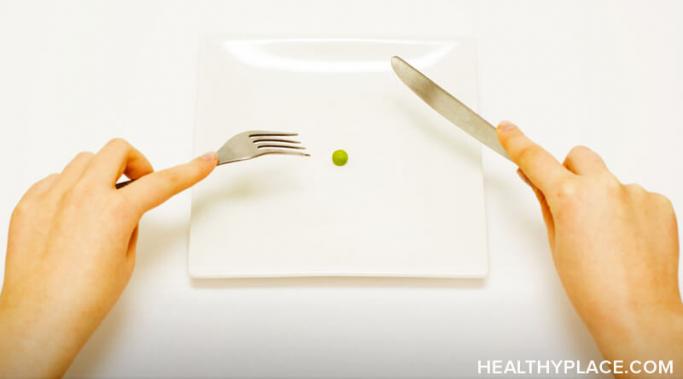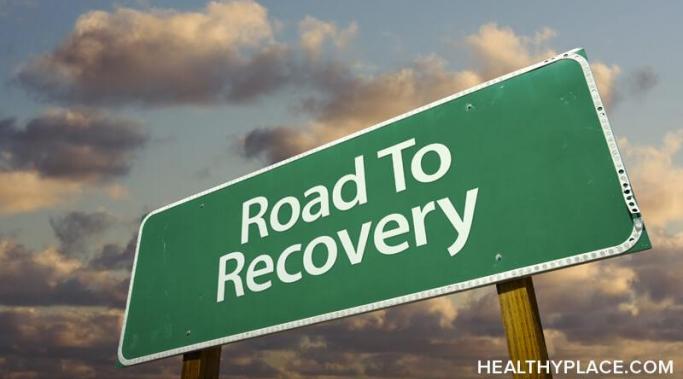If you live confined within a scarcity mindset, then be warned: this mentality can—and often does—turn into an eating disorder. The term scarcity mindset refers to a belief that you do not deserve abundance and lack a sense of personal worth, so you act out of self-denial instead of nourishment and freedom. This can lead to dangerous behaviors, such as caloric restriction in an effort to deprive or discipline yourself, which could become a full-blown eating disorder over time. A scarcity mindset is detrimental to your healing, but it can be overcome in eating disorder recovery.
Eating Disorders Recovery
I know firsthand just how much of a challenge it can be to prioritize eating disorder recovery this time of year—or even in general, for that matter. So if your commitment to healing is wavering at the moment, I want to share with you five reasons why I believe that eating disorder recovery is worth it. This is not to minimize the pain or turmoil you might feel, but I do hope the list below inspires and encourages you to continue on the path to reclaiming a healthy, empowered life. Eating disorder recovery is no simple feat, but I can tell you from experience, the outcome is so worth it.
Learning to eat healthily is an important part of eating disorder recovery; however, when it comes to celebrating special occasions, like Christmas, I steer clear of healthy holiday baking. The reason is simple: learning to have a good relationship with food means not vilifying it, even if it has little nutritional value.
I have used many coping mechanisms to help with eating disorder recovery, but one that I find particularly essential is a self-care toolkit for the holidays. I co-opted this idea back in high school from a teacher I was close to, and 10 years later, I still consider it beneficial. No matter where you are in eating disorder recovery, this season is often a mental and emotional battleground, so the importance of reliable coping mechanisms cannot be over-emphasized. Therefore, I want to discuss why I think a self-care toolkit is essential for the holidays—and how to create one yourself.
I'll state the obvious: dating someone in eating disorder (ED) recovery can be difficult. Since my husband and I are coming up on our 11th wedding anniversary, I'd thought I'd take the opportunity to talk about the challenges of forming healthy relationships when one party is struggling with an ED.
Last week in a counseling session, my therapist issued me an assignment: Write a "dear body" letter to myself. In the past, I have done similar exercises, like the goodbye letter I wrote to my eating disorder in 2018. But this undertaking feels much different.
If you deal with an eating disorder (ED), it's no secret that the holidays can lead to heightened stress—both for you and for those in your support network. However, when you take the time and effort to communicate your specific ED recovery needs to loved ones, it can reduce the tension and help you feel more at ease this holiday season. Not to mention, once friends or family members know what your ED recovery needs are, they will be able to offer the right kind of support, reassurance, encouragement, and accountability.
November is officially here, which means now is the time to create an eating disorder (ED) recovery action plan for the holidays. This season can be a minefield to navigate with an eating disorder, no matter where you're at in the healing process, so it's crucial to determine in advance how you will prioritize eating disorder recovery in the midst of whatever triggers you face these next couple of months.
Just recently, I noticed something beautiful unfold within me: eating disorder recovery taught me to love my inner child after decades of rejecting her. This did not materialize overnight, but now it feels like coming home to a version of me who remembers a time before anorexia first lurked onto the scene.
If I had to wear a name badge in public each day, it would announce to everyone around me: "Hello, my name is Perfectionist." This might seem vain or self-important, but in truth, it's debilitating because perfectionism is a roadblock to eating disorder recovery. The merciless expectations of achievement, the rigorous standards of appearance, and the continuous loop of self-deprecation can form just the right conditions for an eating disorder to take root. Therefore, to heal from an eating disorder, the roadblock of perfectionism must be overcome. This is hard work—but so necessary and worthwhile.









